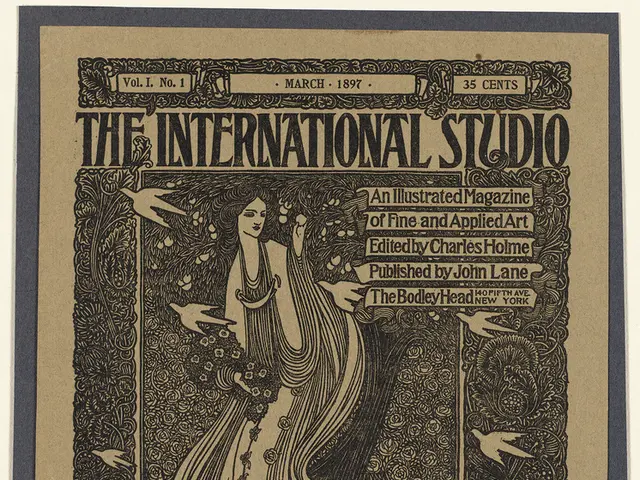Trump-Xi Meeting Eases Trade Tensions; US-India Relations Uncertain
US President Donald Trump and Chinese President Xi Jinping met in Busan, leading to agreements that ease trade tensions between the two nations. The meeting, described by Trump as highly successful, resulted in several key decisions.
One significant outcome is China's resumption of soybean purchases from the US, a move that benefits American farmers. Additionally, the two leaders agreed to reciprocal visits, with Trump planning to visit China in April. In a joint statement, they also agreed that China will work to stop the flow of fentanyl into the US.
The agreement also includes a one-year term for rare earth exports, with the possibility of extension. Notably, Trump announced a 10% reduction in US tariffs on Chinese goods, bringing the rate down from 57% to 47%.
However, strategic affairs analyst Sushant Sareen holds a differing view on the US-India relationship. He believes that Trump has 'deliberately and consciously' ended the relationship, citing a lack of strategic ties between the two nations. Sareen suggests that Indians are 'blinded' by Trump's praise and fail to see this lack of strategic relationship. He advises Indians to 'move on' from the US-India relationship, as it is unlikely to return to its previous state.
The Trump-Xi meeting in Busan has led to concrete steps towards easing trade tensions, with benefits for both nations. However, the future of US-India relations remains uncertain, with differing views on their strategic partnership.
Read also:
- American teenagers taking up farming roles previously filled by immigrants, a concept revisited from 1965's labor market shift.
- Weekly affairs in the German Federal Parliament (Bundestag)
- Landslide claims seven lives, injures six individuals while they work to restore a water channel in the northern region of Pakistan
- Escalating conflict in Sudan has prompted the United Nations to announce a critical gender crisis, highlighting the disproportionate impact of the ongoing violence on women and girls.








